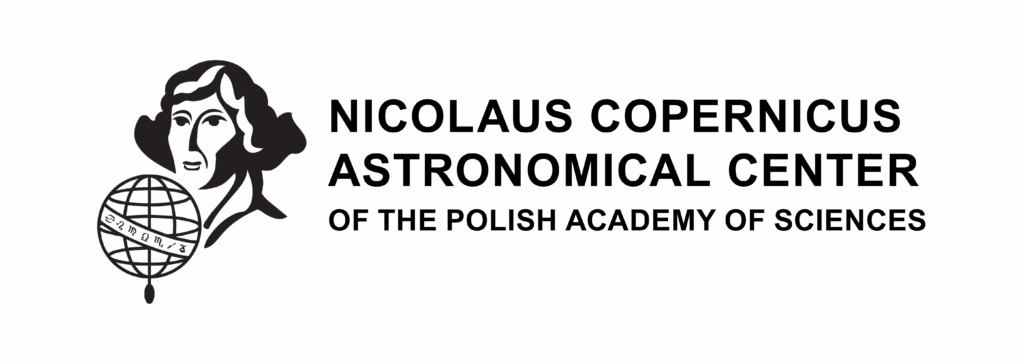AstroCeNT team participation in ARIA project
On 21-29 November, Dr Masayuki Wada, Dr Masato Kimura, and Dr Azam Zabihi visited the Italian island of Sardinia. Their scientific trip was connected with the ARIA project.
ARIA is a scientific laboratory for distillation of Argon-40, an isotope fundamental for use the medium in dark matter detectors. The project is realized thanks to the collaboration between INFN, National Institute of Nuclear Physics and Regione Sardegna.






